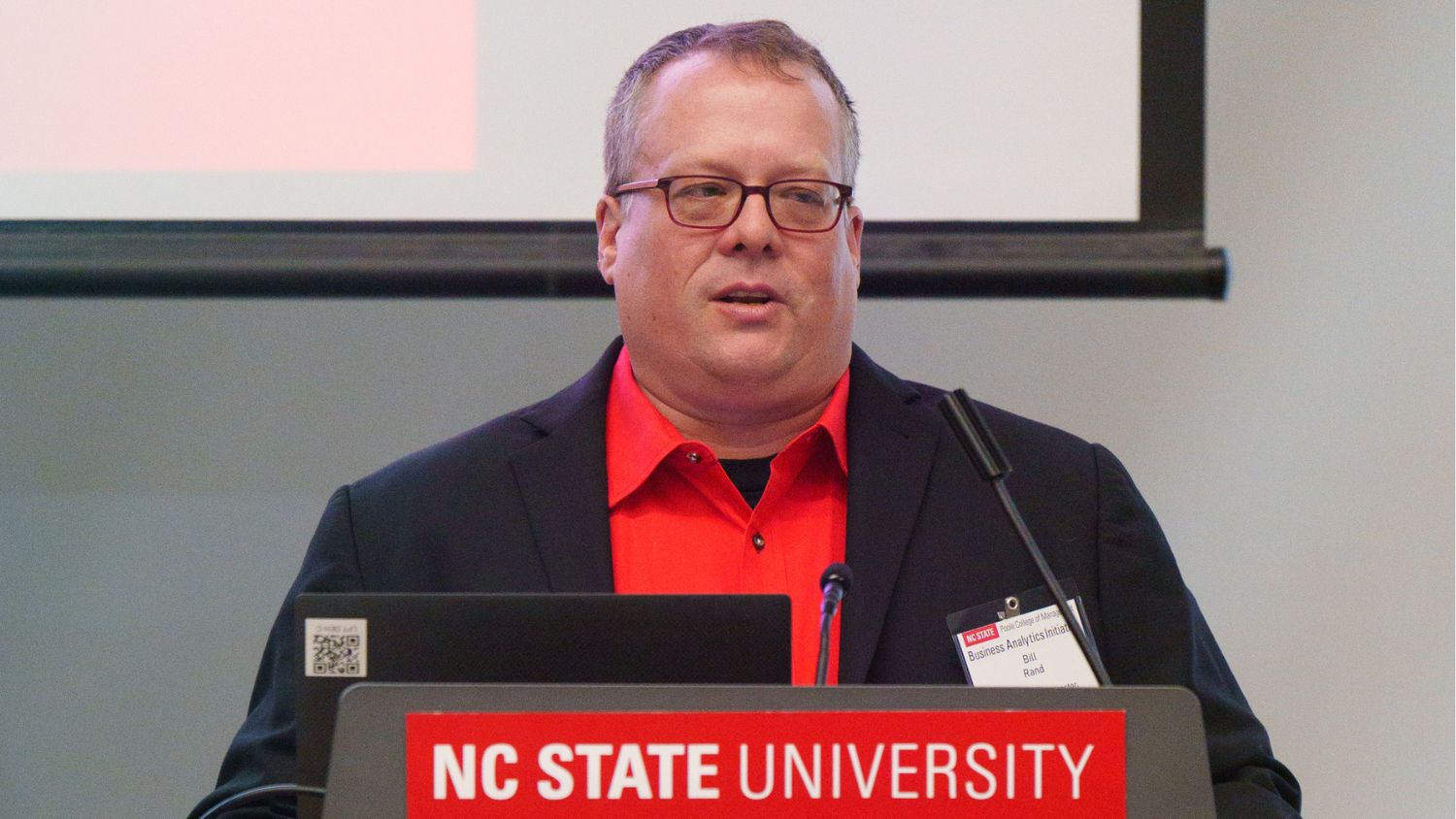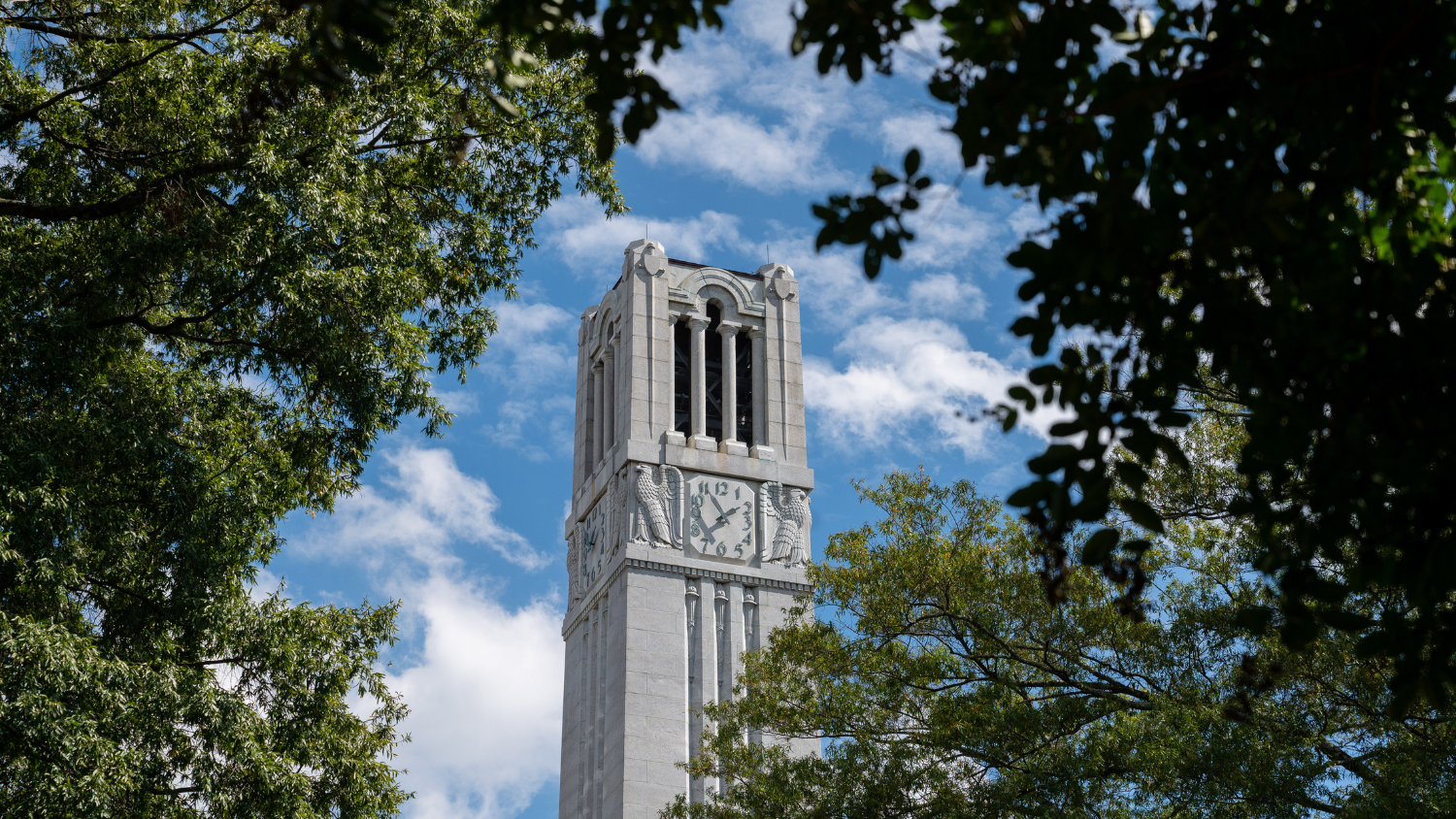New Poole College Research Initiative Targets Economic Access and Opportunity
The six interdisciplinary projects in Poole's Game-Changing Research Incentive Program aim to catalyze companies, governments and nonprofits to implement business-parity policies and other meaningful change.

A group of Poole College multidisciplinary projects represents game-changing research that could not only level, but transform, the economic playing field for women and minorities.
Poole’s Game-Changing Research Incentive Program — Economic Access and Opportunity, or GRIP-EAO, is the latest of several GRIP initiatives established at NC State.
The six richly interdisciplinary projects in Poole’s initiative aim to generate actionable recommendations to catalyze companies, governments, nonprofits and others to implement business-parity policies and other meaningful change.
Poole structured and leads the program, funded by a grant from the Caterpillar Foundation, Caterpillar Inc’s philanthropic organization, in conjunction with NC State’s Research Development Office.
“GRIP-EAO is a very important program for the Poole College of Management. We’re excited about it. We’ll take our business expertise and translate it into actions that create real economic success,” Poole Associate Dean for Faculty and Research Richard Warr says. “The program is one way we’re trying to create real-world societal impacts to make the world a better place.”
We’ll take our business expertise and translate it into actions that create real economic success.
With more than $690,000 over three years, the GRIP-EAO program could generate far-reaching, lasting outcomes to improve the livelihoods — and lives — of women and minorities.
A key aspect of GRIP-EAO is the multidisciplinary teams for the projects, which underscores Poole’s and NC State’s core belief that such an approach helps drive innovation and change. In each case, a Poole faculty member will work with a group of professors from Poole and other NC State colleges.
A mix of backgrounds and expertise in scholarship “will create more innovative ideas, solutions and research outcomes,” Warr says. “The general view is that getting people with different perspectives around the table will enhance the depth of the questions that are being asked. There’s research that shows that.”
The committee that reviewed the 20 proposals faculty submitted had representatives from different NC State colleges.
One of Poole’s chief goals is producing cutting-edge scholarship and research. So another important element of GRIP-EAO is for faculty to pursue sources of future funding to expand the research ideas — and the impacts.
Within three years, Poole will reconvene the GRIP-EAO research teams and present a symposium to share and amplify the outcomes. Related thought-leadership and impact pieces will be created to promote results widely through the news media and other channels. Faculty journal publication and conference presentations also will enhance the projects’ goals.
“We don’t want the research to be done and put into a drawer,” Warr says.
The funded projects address:
- Success for immigrant entrepreneurs, led by Daisoon Kim
- North Carolina’s social vulnerability index, led by Sebastian Heese
- Ethical sourcing decisions for minority- and women-owned apparel brands, led by Robert Handfield
- Admission policies to support underrepresented groups, led by Umut Dur
- Discrimination in the sharing economy, led by Ramkumar Janakiraman
- Access and opportunities in analytics for underrepresented minorities, led by Yang Cheng
Most projects will provide valuable hands-on experiences for graduate students by funding and supporting their help with the research.
Some of the GRIP-EAO research will produce findings that will directly impact Poole students and their futures. Other projects will have broader implications.
“We’re trying to define what is the impactful business school of the 21st century. That school addresses bigger societal problems and creates more wide-range impacts across more disciplines. It doesn’t just address the narrow business questions that have traditionally been answered by business schools,” Warr says.
“We want to lend our business expertise to the community more broadly,” he notes, “to provide a business-economic lens to the world’s bigger problems.”
- Categories:


